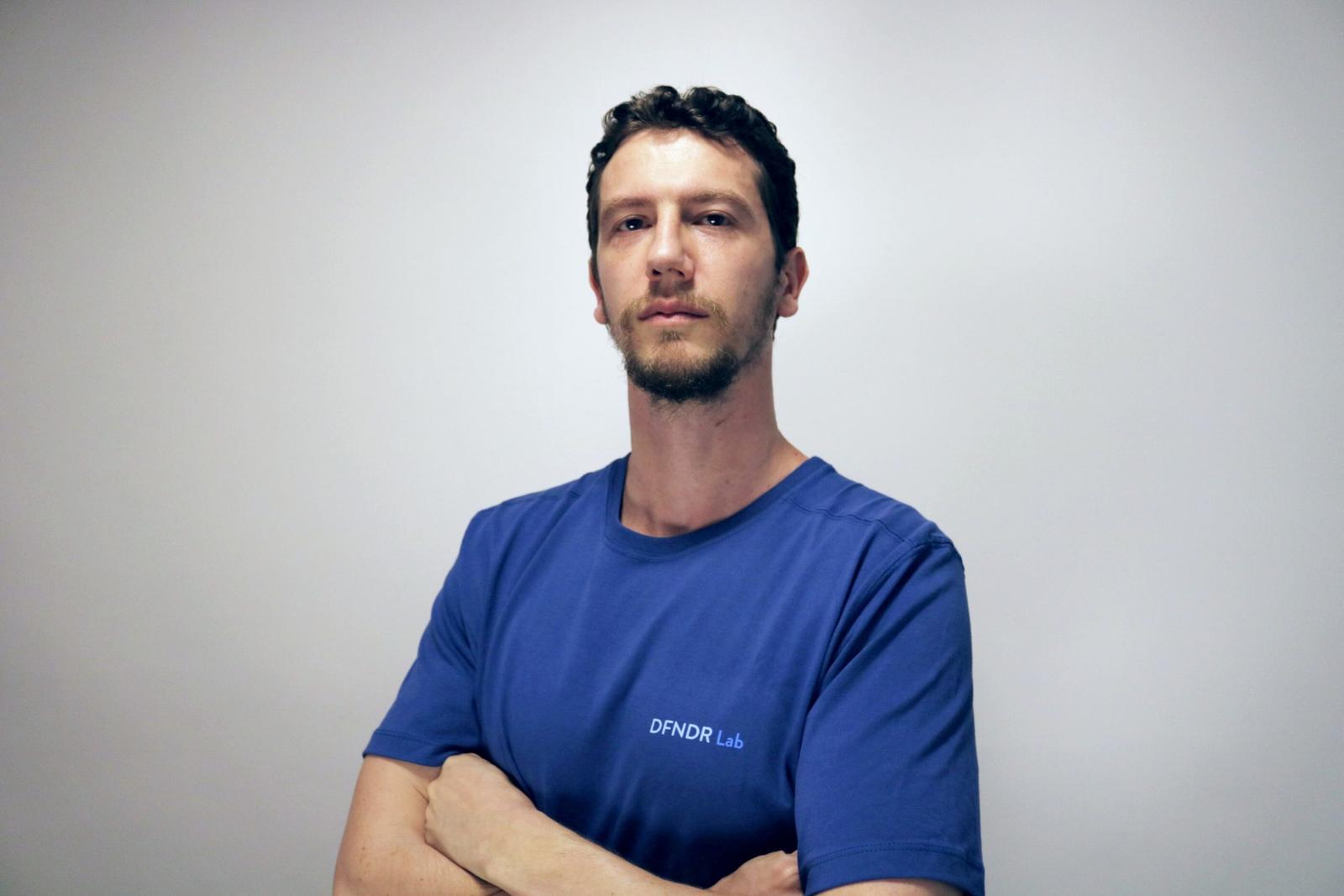Personal information, potentially relating to data from telecommunications companies, among the data assets exposed on an Internet site in Brazil.
The dfndr lab, PSafe‘s laboratory specializing in digital security, discovered a public website where it would be possible to access around 426 million instances of personal data, including as many as 109 million Employer Identification Numbers (EIN) and license plates, in Brazil. The website where this incident was verified was detected by the real-time data leak monitoring system, dfndr enterprise, which uses Artificial Intelligence (A.I.) to constantly scan the open Internet, Deep Web, and Dark Web.
The database detected by dfndr enterprise is precariously vulnerable due to its level of access: anyone with access to the Internet could find and access the information exposed there, by reaching the site and searching for the desired data. The website contains personal information such as: name, ITIN, address, gender, date of birth, e-mail and even the income of individuals. There is also information regarding contracts with telephone and pay TV companies, such as landline and mobile phone numbers, type of plan contracted, contract date, contract number and payment method.
More from Tech
- How To Choose Between A Web App and A Native App
- We’ve Heard Of Smart Homes, But What Is A Smart City?
- Experts Share: What Will Medtech Startups Build Around AI Diagnostic Systems?
- UK vs US: Whose Tech Industry Is Performing Better In 2025?
- Experts Share: How Can Diagnostic AI Be Integrated Into Existing Medtech Systems?
- How Are CRMs Shaping The Future Of B2B Sales?
- Typedef Launches with $5.5 Million in Seed Funding
- Sequent Tech Powered the Philippines’ Big Bet on Online Elections
Emilio Simoni, Chief Security Officer at PSafe, warns of the risks of new scams being generated through the use of this information: “We’re talking about a super base, probably enriched from the compilation of other possible leaks. This new database was found by dfndr lab on September 19, 2021 and has been under observation and analysis ever since. It encompasses key personal data, exposing a lot of personal information. In the hands of cybercriminals, this data is a ‘full platter’ for applying social engineering scams, which is when scammers use this information to trick victims into taking action that will harm them. Knowing that this data is freely available on the open Internet, we need to alert the population to be even more suspicious of phone calls and messages that use this information to gain their trust”.
The executive also warns about the dangers that this detailed level of information can generate in the hands of malicious actors: “We all need to pay attention to our bank accounts. It is possible that loans, contracting of services, purchases and even unauthorized access may arise due to identity theft. We are all at the mercy of cybercriminals. With improper possession of this data, it is even possible for criminals to open companies and false accounts on social networks to apply scams”, Simoni concludes.
As soon as the suspicious indexing was identified, the PSafe security team began an analysis of the necessary information and prepared a report and forwarded it to the National Data Protection Authority (NDPA). It is not possible to say whether and/or where an eventual leak occurred, but there are indications in the database that the originates from one or more telecommunication operators.
How can the companies protect themselves against leaks?
Nowadays, most cyber attacks use Artificial Intelligence to avoid detection or disablement before they are installed on machines. Only through device protection, which also uses Artificial Intelligence, is it possible to block them. Based on Artificial Intelligence, the PSafe’s solution, dfndr enterprise, is able to identify and block, immediately, the main cyber threats causing data leaks. The solution also makes available, free of charge, the data verifier, which identifies, in seconds, if employees have already had logins and passwords leaked.
Checking for leaks should be done in real time, so that the consequences of any incidents are minimized. “We know that the main causes for cyber attacks are: leaking passwords, unprotected devices, exploitation of vulnerabilities in software and services, and overconfidence in human performance. Many companies insist that because their developers are extremely responsible, they won’t be victims of a cyber attack. In fact, many of the attackers try to leave no traces, so there’s no margin for error. Hackers only need to get it right once for a data leak to occur”, Simoni warns.
CyberLabs Group
The largest group of Artificial Intelligence and AI solutions for cybersecurity in Latin America arises from the union of two Brazilian companies, CyberLabs and PSafe, leaders in their segments. The CyberLabs Group’s mission is to democratize access to Artificial Intelligence and promote a safer internet for everyone — sharing knowledge in a simple and understandable way for all realities and cultures.
PSafe
PSafe, a unit of the CyberLabs Group specialized in cybersecurity, has in its database more than 17 billion leaked credentials and distinct threats, and uses this information for proactive / predictive protection for personal and corporate devices. Through the dfndr line solutions it is able to detect and block virtual attacks in less than a second, using advanced behavioral analysis techniques, heuristics and artificial intelligence in real time.



